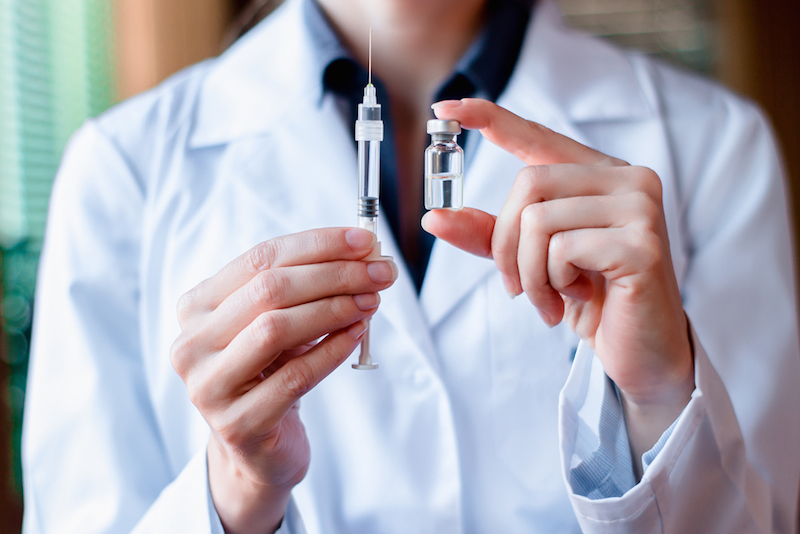What Vaccines Do You Need Before College?

College-bound students are about to make the transition to adulthood, but that doesn't mean that they're done with vaccines. In fact, lifestyle changes and dormitory living can put college students at higher risk for certain infections.
Here's a list of vaccines that the Centers for Disease Control and Prevention recommends for young adults before they go off to college:
Meningococcal conjugate vaccine: In addition to the CDC's recommendation that students get vaccinated against meningococcal disease before starting college, some states actually make the shot mandatory.
Meningococcal disease is a bacterial infection that can cause meningitis, or a swelling of the membranes that cover the brain or spinal cord. The bacteria that cause the disease can spread from person to person, and the illness can be life-threatening.
People living in close quarters, including college dorms, are at higher risk for becoming infected with meningococcal disease. Outbreaks of the disease have also been reported on college campuses over the last several years, the CDC said. For this reason, the CDC recommends that the vaccine be given to first-year college students.
Whooping cough vaccine booster: Adolescents should get a whooping cough vaccine booster shot (called Tdap) when they are 11 to 12 years old. But if they didn't get this booster shot as a preteen or teen, they should get one dose of Tdap before college, the CDC said.
The shot protects against tetanus, diphtheria and pertussis (whooping cough). In recent years, cases of whooping cough have been on the rise — in 2014, there were nearly 33,000 U.S. cases of whooping cough, a 15 percent increase from 2013, the CDC said.
Get the world’s most fascinating discoveries delivered straight to your inbox.
HPV vaccine: The human papillomavirus (HPV) vaccine is recommended for preteens ages 11 to 12, but teens and young adults who didn't start or didn't finish the three-shot series should get them before beginning college, the CDC said. The vaccine is recommended for women under age 27 and men under age 22.
HPV is a common virus that is spread through sexual activity. In some cases it can cause cervical cancer in women, and penile and anal cancer in men, or throat or oral cancer in people of either sex. The HPV vaccine prevents infection, and so it is most effective when it is given before the person is exposed to the virus, the CDC said.
Season flu vaccine: The CDC recommends a seasonal flu shot for everyone ages 6 months and older, preferably in the late summer or early fall. The flu can cause severe illness, even in healthy adults. Last year, the CDC reported some severe flu cases in young-to-middle-age adults who were infected with the flu strain H1N1.
College students may need additional vaccines if they travel out of the country. You can check this CDC website to see which vaccines are needed before traveling to certain countries.
Follow Rachael Rettner @RachaelRettner. Follow Live Science @livescience, Facebook & Google+. Original article on Live Science.

Rachael is a Live Science contributor, and was a former channel editor and senior writer for Live Science between 2010 and 2022. She has a master's degree in journalism from New York University's Science, Health and Environmental Reporting Program. She also holds a B.S. in molecular biology and an M.S. in biology from the University of California, San Diego. Her work has appeared in Scienceline, The Washington Post and Scientific American.


